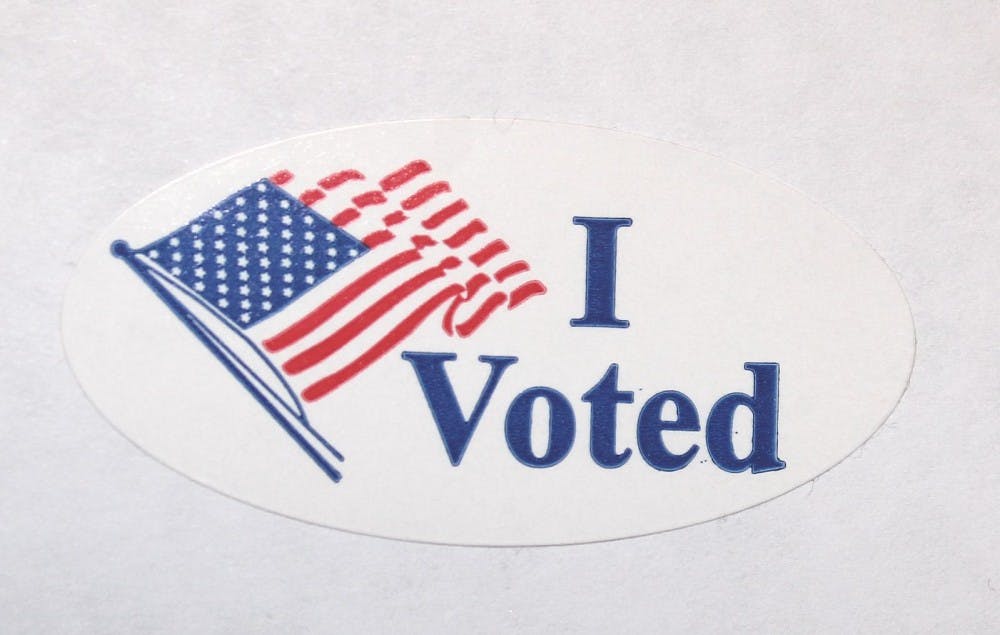University Assoc. History Prof. Andrew Kahrl is requiring students taking his United States history course, offered for the first time this fall, to volunteer and help with the upcoming elections.
The course, titled “All Politics is Local”, aims to focus students’ attention on political issues pertaining to Charlottesville and then places the issues into the greater American political context.
“[We use] Charlottesville as [a] sort of a lens to explore how local government works and how power operates within a local community,” Kahrl said. “We should begin to understand local change from the grassroots up and seek to understand the particulars of Charlottesville and central Virginia.”
Kahrl said that he emphasizes active participation, because while students can learn from the classroom, real-life experience is more educational.
Third-year College student Brian Cameron said the course helps him and his peers engage as active citizens and make efforts towards voter outreach.
“This course is unique in that the 'requirements' for it don't necessarily feel like requirements,” Cameron said. “The work has value independent of just influencing our grades, and that certainly goes for election volunteering.”
Kahrl said the class is better suited for local participation this fall than last, because there was a sharper focus on presidential elections last year. This year, however, the focus is on statewide and local elections.
“This fall [the focus is] entirely on Virginia, so with that in mind, that was what sort of led me to both design this course and also make direct involvement in the electoral process part of it,” Kahrl said.
Kahrl also said that the University policy of holding classes on Election Day may inhibit the voting process for its students.
“Some of the largest classes in the College of Arts & Sciences, from what I understand, hold exams on election day,” Kahrl said. “I also know that just the fact that the University doesn’t take the day off on Election Day — that would be a good place to start, by the University setting an example on how important it is to vote by not holding classes on election day.”
Now that the voter registration deadline has passed, volunteering efforts will mainly be focused on the students helping voters get to the polls. For instance, a local initiative group named, CAR2Vote, provides rides for those who may be unable to reach their voting precinct, such as elderly people or those who can’t drive, on Election Day.
“This weekend, I will be knocking doors to make sure the Charlottesville voters have a plan to vote on Tuesday, because that is one of the most effective methods to ensure that people show up to the polls,” Cameron said. “Then on Tuesday, Professor Kahrl is giving us the day off, so I've signed up to drive people to their polling places across Charlottesville through [CAR2Vote].”







